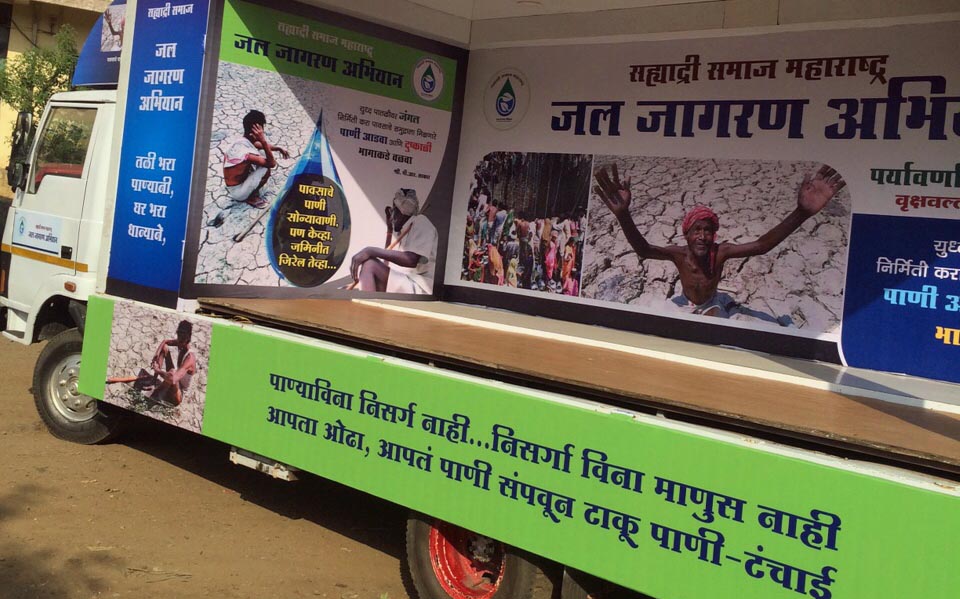PROUT’s solution to wealth concentration
Prognosis for 2030: The richest 1% will control two-thirds of world’s wealth. – UK House of Commons library figures
2024: Half of the world’s net wealth belongs to the top 1%, top 10% hold 85%, while the bottom 90% hold the remaining 15%. –Wikipedia
2023: Richest 1% bag nearly twice as much wealth as the rest of the world put together over the past two years. –Oxfam
- Concentration of the value of wealth: the fundamental cause of economic depression.
- Socio-economic decentralisation removes regional disparity because wealth is distributed almost equally everywhere; it does not diminish or dissipate economic potential.
- Dignified socio-economies both closed and open, Prout’s synthesis of protectionism and free trade: the beginnings of integrated world society.
Hot Issues
People’s purchasing power first; economic democracy now
Close down the speculative markets
The Limits of Business
The Weakening of Political Democracy and the Prospects of Economic Fairness
 A thought exhibition van, propagating water conservation and Prout, travels from Pune, Maharashtra through the Sahayadri and Marathwada regions ahead of the rainy season in India. Wells are drying up and underwater tables falling so fast in the Middle East and parts of India, China and the US that food supplies are seriously threatened, a world leading resource analyst has warned. The propounder of Prout, Shrii Prabhat Rainjan Sarkar, offered a visionary analysis and practical solutions for the global water crisis.
A thought exhibition van, propagating water conservation and Prout, travels from Pune, Maharashtra through the Sahayadri and Marathwada regions ahead of the rainy season in India. Wells are drying up and underwater tables falling so fast in the Middle East and parts of India, China and the US that food supplies are seriously threatened, a world leading resource analyst has warned. The propounder of Prout, Shrii Prabhat Rainjan Sarkar, offered a visionary analysis and practical solutions for the global water crisis.
